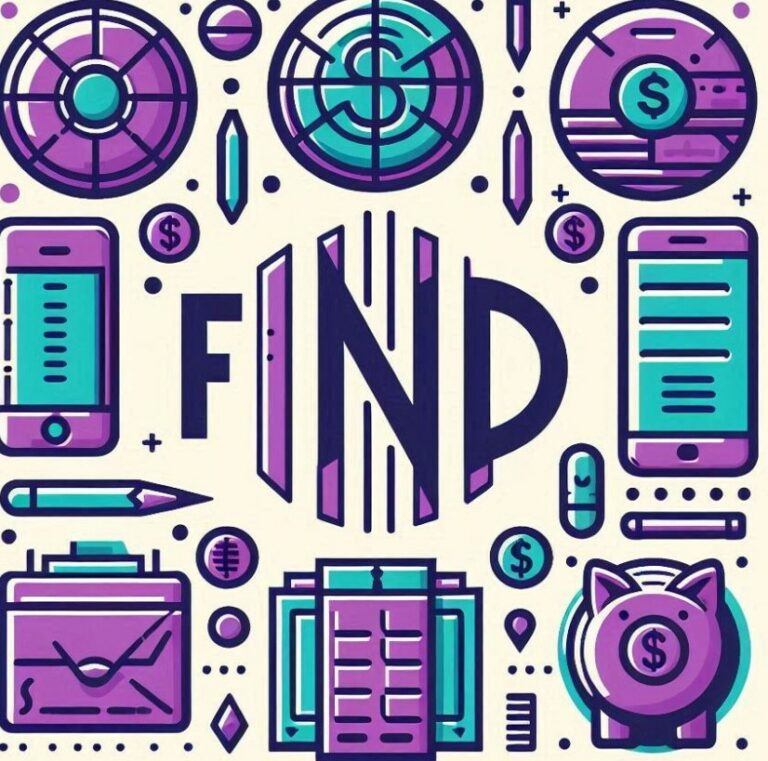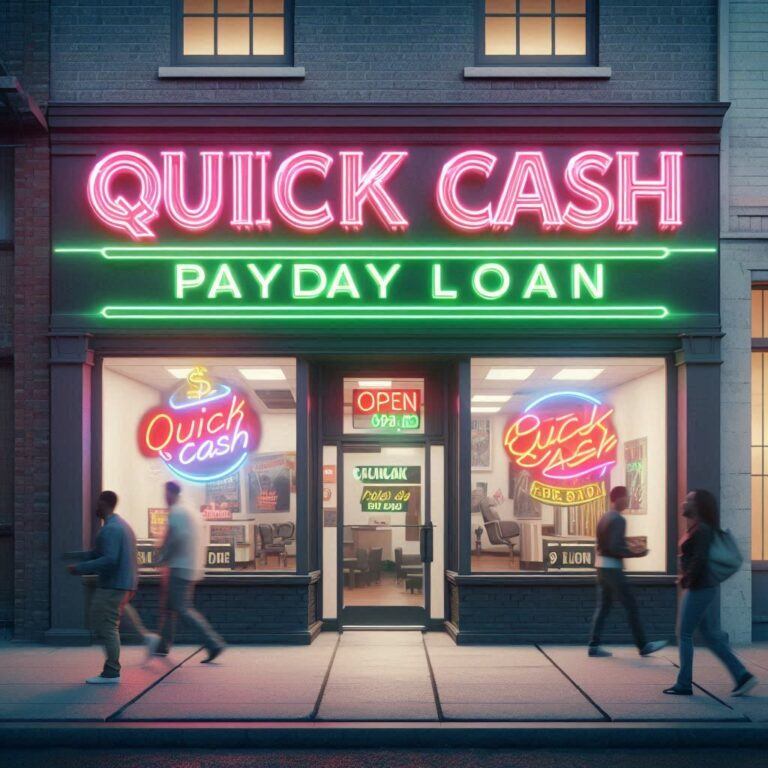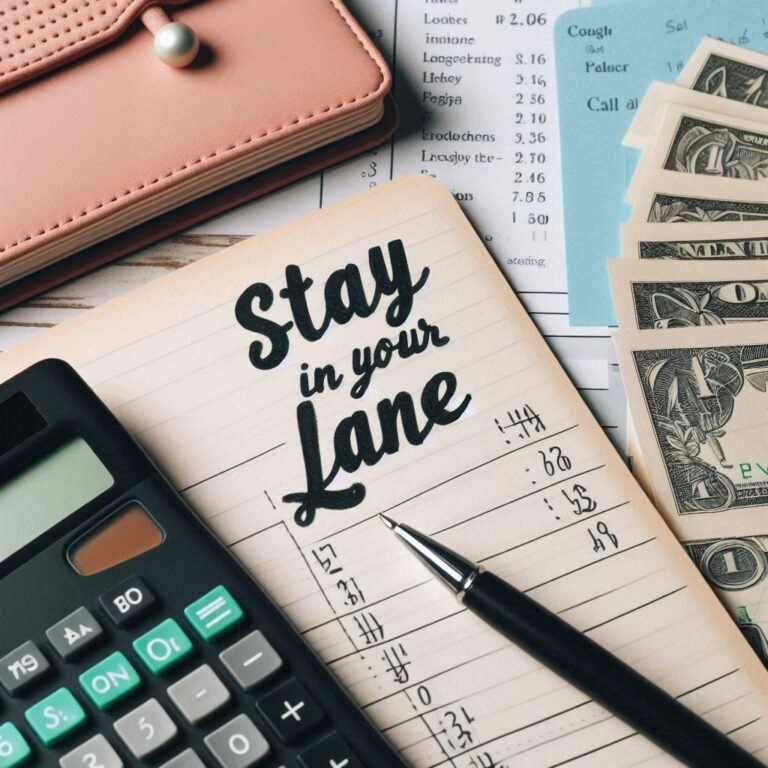What Credit Score Is Needed To Buy A House?

When you’re thinking about buying a home, one of the first questions that usually comes up is, “What credit score do I need?” And it’s a valid question. Your credit score plays a major role in whether you get approved for a mortgage, what kind of loan you qualify for, and how much you’ll pay over time.
But here’s the thing not all lenders require the same score, and different loan types have different expectations. In this post, I’ll walk you through what score ranges lenders look for, how they impact your mortgage options, and what to do if your score isn’t quite there yet. Because buying a home is a big move, and the more you know, the more confident and prepared you’ll be.
Understanding Credit Scores and Why They Matter
A credit score is just a three digit number that sums up how you’ve handled debt in the past. It’s based on your past behavior, things like your payment history, credit utilization, the length of your credit history, and more. There are several scoring models (FICO and VantageScore are the most common), but most lenders look at your FICO score when you’re applying for a mortgage.
Lenders use your credit score to make decisions about you:
- Risk: Will you pay back the money they lend you, or are you a gamble?
- Rate: What interest rate should you get? Lower scores usually mean higher rates.
- Approval: Should they say yes or no to your application?
Even a small difference in your credit score can change the deal you get, so knowing how this number works is pretty handy. A high score can open more doors, while a lower one might limit your options or make you pay more in interest. So, it really pays to pay attention.
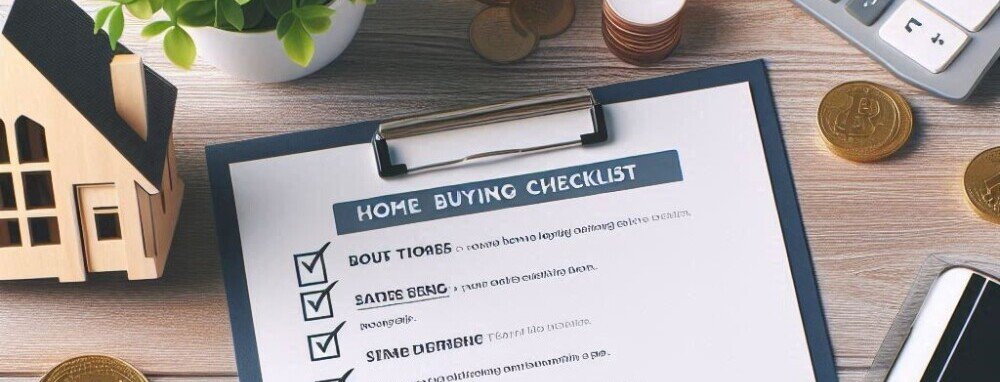
How Mortgage Lenders View Credit Reports (Beyond the Score)
Your credit score is important, but it’s not the only thing lenders look at. When a lender pulls your credit, they review your entire credit report—and they’re not just looking at the number at the top. They pay close attention to:
- Late payments: A few missed payments in the last 12 months can raise red flags.
- Recent credit inquiries: If you’ve applied for several credit cards or loans recently, it can make you look financially unstable.
- Collections or charge-offs: These can damage your chances, especially if they’re recent or unpaid.
- High balances: Even if you make your payments on time, carrying high credit card balances can negatively affect how you’re seen.
- Types of credit: A healthy mix of credit cards, installment loans, and accounts in good standing helps demonstrate you can manage different kinds of debt.
So while your score gives a general idea of risk, your full credit report tells the story behind that number. Cleaning up negative items and paying close attention to your report details can make a major difference when it’s time to apply.
Do You Actually Need a Credit Score to Buy a House?
The short answer is no, having a credit score isn’t absolutely required to buy a house. But a decent credit score makes things way easier, especially if you want a standard mortgage from a bank or credit union.
There are two main ways people usually buy a house:
- Traditional Lenders: Banks and credit unions typically require a credit score. They use that number as a shortcut to predict how likely you are to keep up with your payments.
- Alternative or Nontraditional Lenders: Some lenders, and a few government backed programs, may consider people without a credit score, but expect extra paperwork. These paths exist, but usually mean a longer process and more questions about your financial story. You might need to jump through more hoops, like showing proof of steady employment or strong savings.
In either route, the idea is to make a lender feel confident you’ll handle homeownership without putting them at risk. So even without a credit score, there are ways to work the system in your favor.
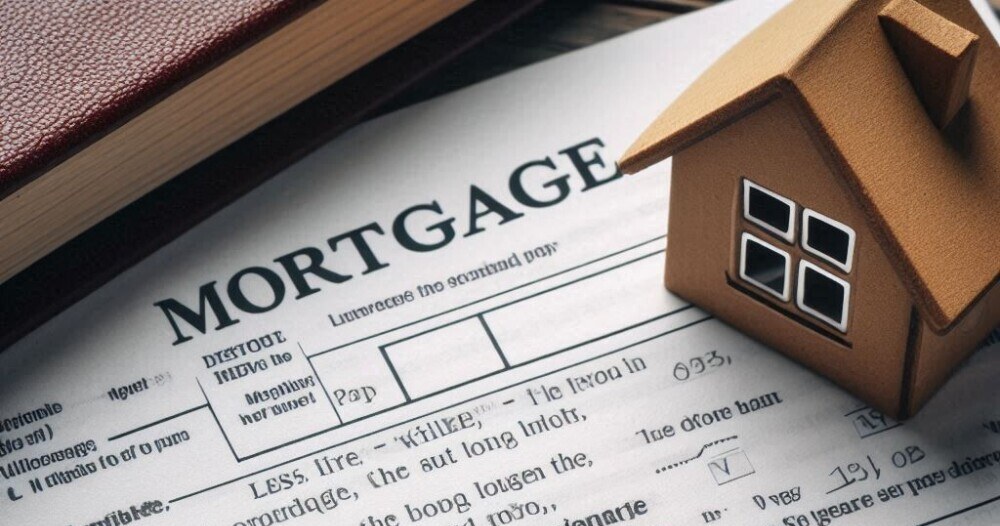
What Credit Score Do You Need to Get a Mortgage?
The score you’ll need depends a lot on the kind of loan you’re aiming for. Here’s what you can expect for the most common options:
- FHA Loan: 580+ usually qualifies you for a 3.5% down payment. If your score is between 500 and 579, you might qualify by putting at least 10% down. Source: HUD
- Conventional Loan: Most lenders like to see at least a 620. Under that, it’s hard to get approved, and if you do, rates get pretty steep. Source: Consumer Financial Protection Bureau
- VA Loan: There’s technically no minimum score set by the VA, but a lot of lenders ask for 620 or higher. Source: VA
- USDA Loan: Around 640+ is often expected, but sometimes lenders will go lower if the rest of your application is strong.
If you’re wondering whether it’s worth working on your score first, keep in mind that even a 20 point increase can sometimes tip you into a much better rate for years to come. Shoot for a higher score if you can. Better credit usually means better rates, and that can lower your monthly mortgage payments in a real way.
Is It Possible to Buy a House With No Credit Score?
Yes, you can still get a mortgage if you don’t have a credit score at all. This is called manual underwriting. In this process, a lender doesn’t just plug your info into a system and get an answer. Instead, they look at alternative proof you pay your bills, like rent payments, utility bills, cell phone records, and insurance statements.
You’ll need a paper trail, patience, and a lender who’s willing to put in a little extra effort. Sometimes, faith based lenders or local credit unions are more open to working with folks who don’t have a traditional credit background. Keep records of bill payments, letters from landlords, and receipts for recurring responsibilities. The more evidence you can provide of financial reliability, the better your chances for approval.
What If Your Credit Score Is Low?
If your score isn’t as high as you’d like, buying a house is still possible. Here are a few approaches that might help:
- Work on Your Credit First: Improving your score before you apply can save you tons of money over the life of the loan. Taking small steps like paying down debts, paying bills on time, and limiting new applications all add up fast.
- Check Out FHA Loans: These loans are designed to help people with lower credit get into a home with a smaller down payment.
- Bring in a Cosigner: If you have someone you trust and who trusts you, a cosigner’s strong credit can sometimes make approval easier. Just make sure it’s a solid move for everyone’s finances and relationships, since a missed payment can affect both parties.
- Make a Larger Down Payment: The more cash you put down, the less risky you seem to the lender. Bigger down payments sometimes lead to lower rates or can help you qualify even if your credit isn’t perfect.
Whichever method you choose, the goal is to show responsibility and decrease risk for the lender. If you have the bandwidth, reaching out to a mortgage advisor or financial mentor can give you some important insights tailored to your situation.
How to Get Ready to Buy a House (Even if You Have No Credit)
If you’re thinking about home buying, it’s smart to start prepping early. Here are a few things that can help, with or without a credit score:
- Build up a pattern of always paying bills on time, even noncredit bills like utilities or rent. Lenders sometimes accept statements as proof of reliability.
- Try to avoid taking on new debt or opening new credit lines right before you apply. Stability is often just as attractive to lenders as a high score.
- Handle any old collections if you can. Even paying off a few small debts can help. If there are inaccuracies on your credit report, fixing them can give you a quick boost.
- If you use credit cards, try to keep the balances low compared to your credit limits. This makes you look more responsible to lenders and keeps your utilization rate lower, which positively impacts your score.
- Check your credit report for any mistakes. You can get a free report every year from annualcreditreport.com. Fixing errors can give your score a quick boost.
- If possible, save more money to bump up your down payment or cover upfront costs like inspections and closing fees. The more you have set aside, the less stressful the homebuying process tends to be.
When these bases are covered, you’ll be in a much stronger spot once you start the application process. Preparation can make things go smoother, especially in today’s complicated market.

Your Credit Score Isn’t the Whole Story
According to Proverbs 24:3, “By wisdom a house is built, and by understanding it is established.” That feels relevant when thinking about buying a home. This process can stretch your patience and your planning skills, but panic never helps. Your credit score isn’t the full story of your worth or your readiness for homeownership. What matters more is how you prepare, steward your resources, and trust the process, even when things move slowly or feel uncertain. Patience and intentional choices usually pay off. Remember, your values and your faith can guide you toward wise decisions with lasting rewards.
FAQs About Credit Scores and Home buying
Can I buy a home with no credit history at all?
It’s possible. You’ll probably need to find a lender who does manual underwriting. This could mean local credit unions, mortgage brokers, or special programs where they check out your payment history for rent, phone, and utilities instead of a credit score. Gathering these records ahead of time can make things smoother.
What if I’ve only used cash all my life?
That’s not a deal breaker, but it adds some obstacles. You may need to collect records of bill payments, bank statements, and even letters from landlords to show a pattern of responsibility. Creative solutions exist; just be ready for more questions during the process. I would also suggest only providing the information requested nothing more and nothing less than what you asked for. Once something regarding your circumstances has been disclosed it not becomes a factor.
Let’s say during conversation you let your loan officer know that you are planning to change jobs soon. Even if that change isn’t final or hasn’t happened yet, the underwriter is now required to look into it. They may need a written verification of future employment or delay the loan until things are more stable. This indicated to the underwriter that the ability to repay could be in jeopardy. That one piece of information though shared innocently, now becomes part of the official file and could affect your approval or timing. This is why it’s important to only provide the information you’re specifically asked for nothing more, nothing less.
Do lenders care more about credit score or income?
Both matter. Credit score shows how you’ve handled debt; income shows you can cover the loan payments. Weakness in one area doesn’t automatically stop you, but having both strong usually leads to better offers. Make sure that any income you want to include you have proof of it either via W-2 or tax returns.
Which is more important: Credit score or down payment?
Bigger down payments can sometimes make up for lower credit, but banks love to see both. It helps to have a solid down payment set aside if your credit isn’t perfect.
You’re Not Disqualified. There’s a Way Forward
Even if your credit isn’t where you want it to be, there are plenty of paths to owning a home. Buying a house takes time, patience, and a few solid moves in the right direction. Every small step counts, and there’s no harm in reaching out for advice or help when you need it. Consider talking to a housing counselor or financial coach if you hit roadblocks along the way.
Interested in boosting your financial skills before buying? Check out Transforming Finances Digital Products and Services for guides and resources designed to walk alongside you on your money adventure. Having the right info and a plan can really make a difference.
Disclaimer:
This content comes from my own experience and research in personal finance. It’s meant for informational purposes only, not specific financial or legal advice. Always consult with a licensed advisor or lender before making big decisions about buying a home.


